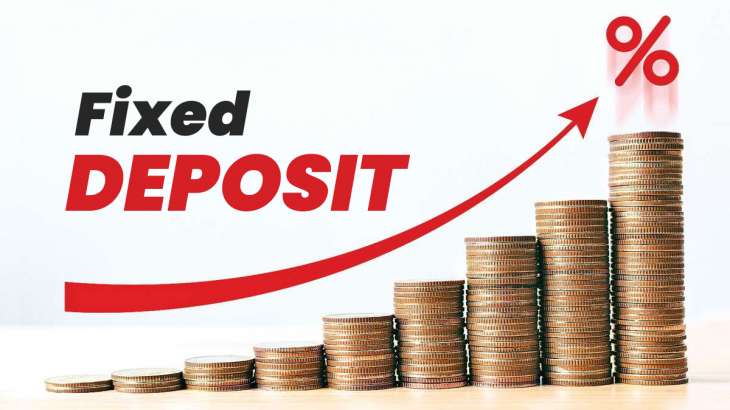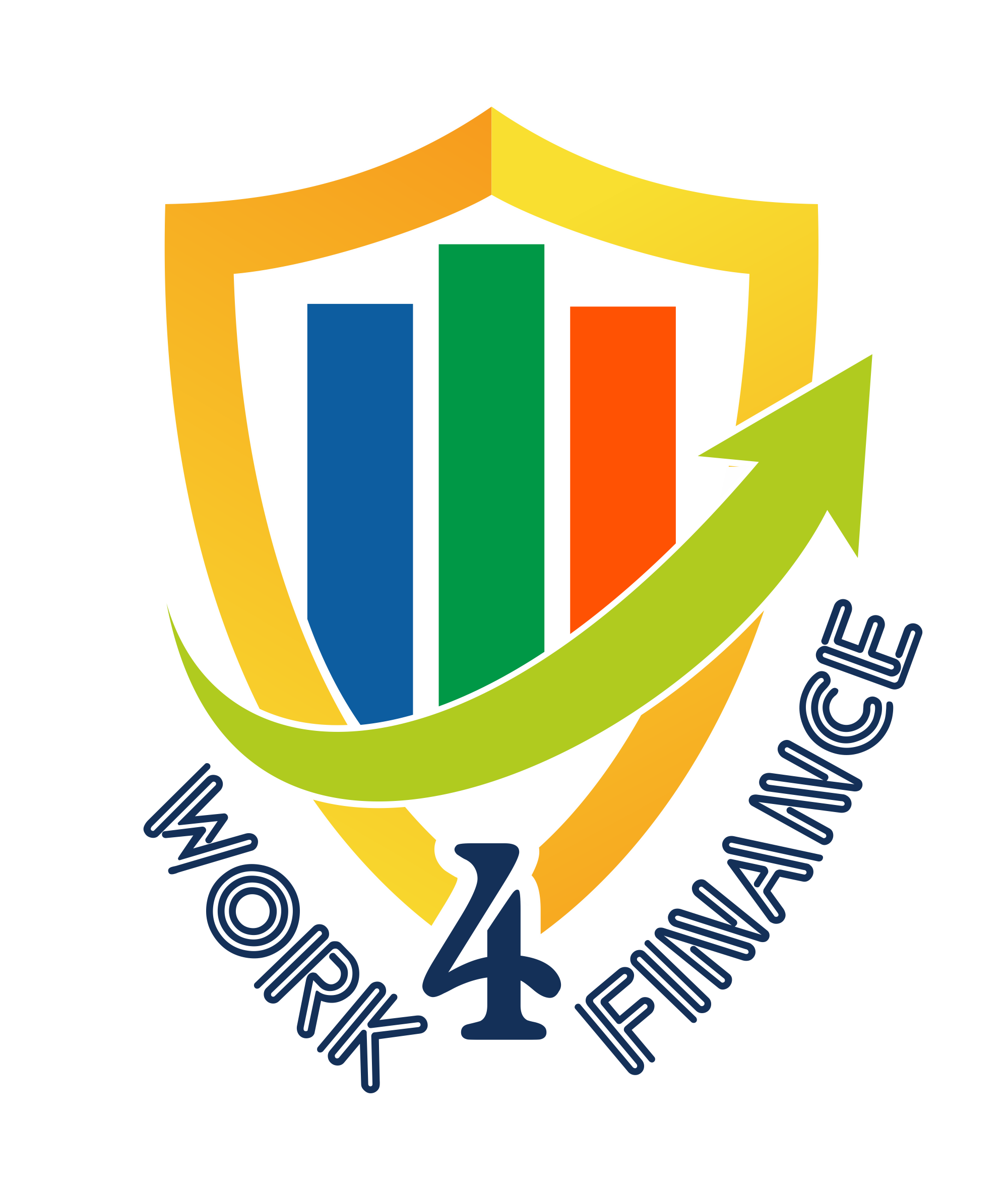Fixed Deposit
A fixed deposit (FD) is a financial instrument offered by banks or non-bank financial companies that pays investors a higher rate of interest than a typical savings account until the maturity date. It may or may not be necessary to create a different account. Banks offer fixed deposits, which are high-interest- yielding term deposits. Fixed deposits are the most common type of term deposit. To compensate for the lack of liquidity, FDs provide greater interest rates than savings accounts.

For FDs, the maximum duration allowed is ten years. In general, the longer the term of deposit, the greater the rate of interest; however, a bank may offer a lower rate of interest for a longer period if it anticipates that interest rates at which the Central Bank of a country loans to banks ("repo rates") will fall in the future. FD interest is typically paid every three months from the date of deposit (e.g., if an FD account was started on 15 February, the first interest instalment would be paid on 15 May). The interest is credited to the clients' Savings bank accounts or mailed to them in the form of a cheque. This is a basic FD. The customer might have the interest reinvested in his or her FD account.

